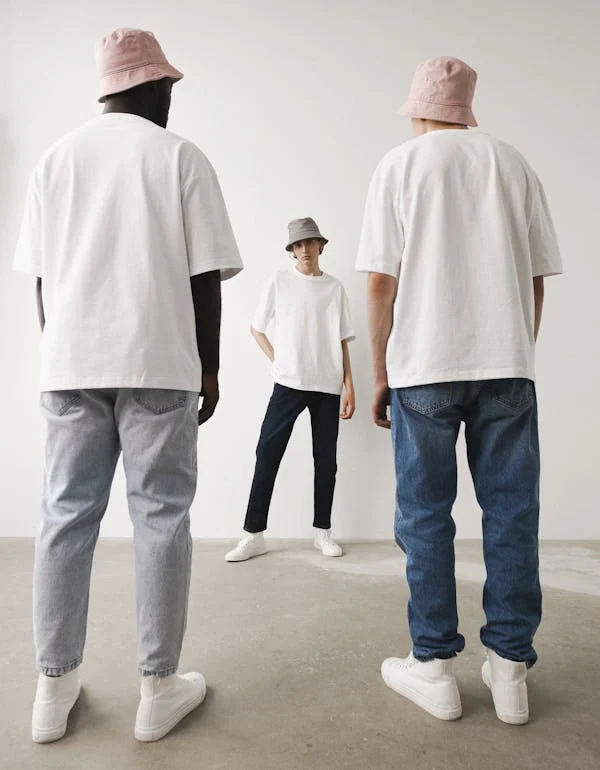
How to Find the Best Clothing Manufacturers for Your Fashion Brand
6 Tháng 8, 2024
3:29 sáng
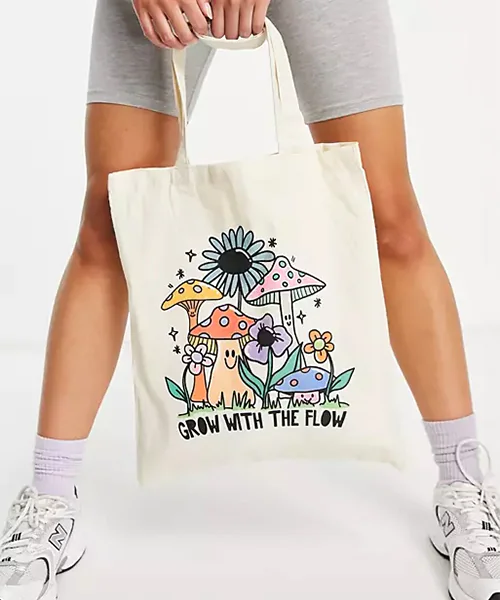
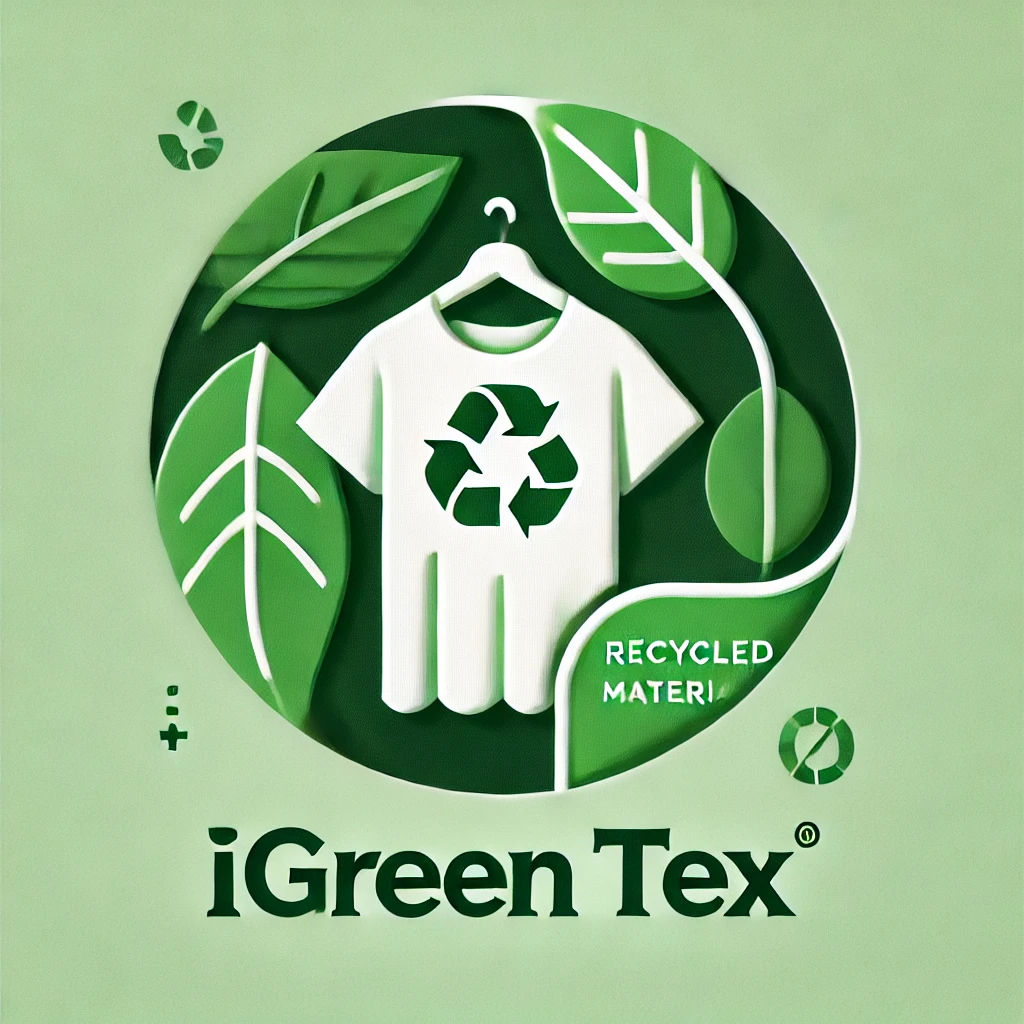
The Benefits of Using Recycled Materials in Fashion Production
25 Tháng 12, 2024
9:47 sáng
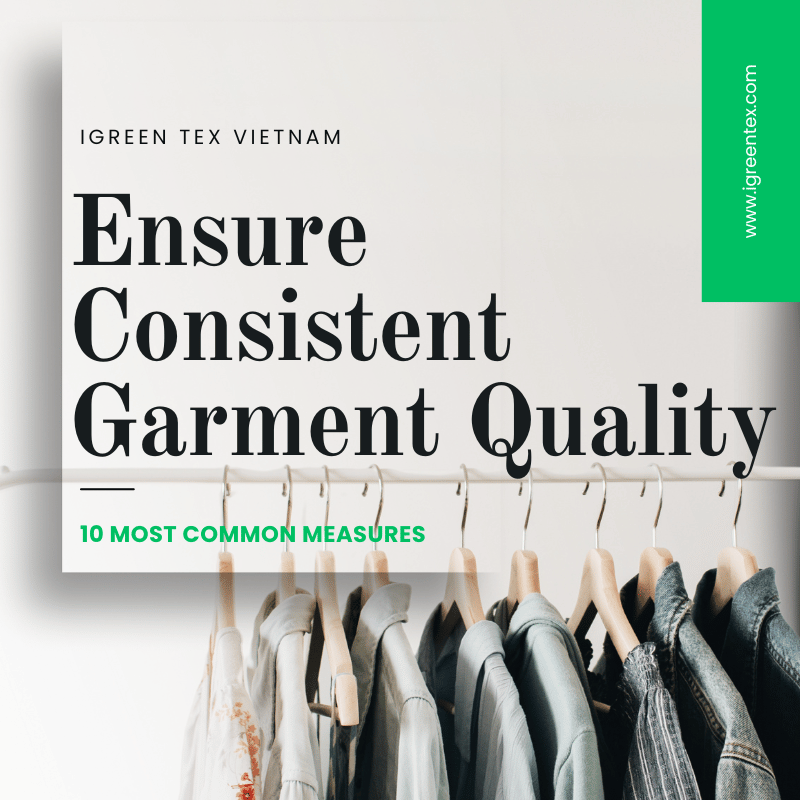
“Eco-Friendly Fashion: Embrace Sustainability with Recycled Clothing”
19 Tháng 8, 2023
10:19 sáng
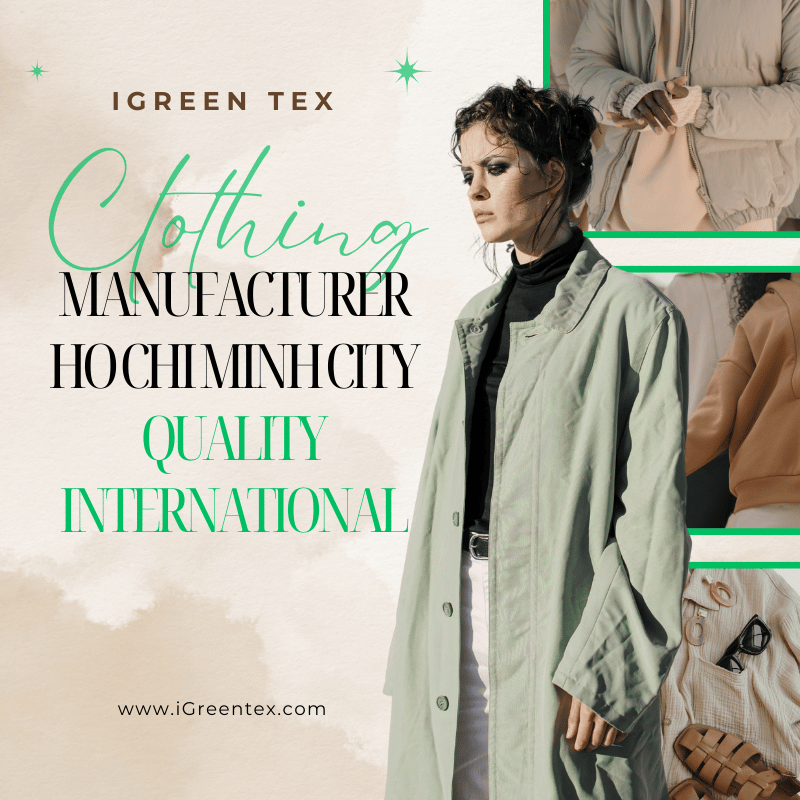
Clothing Manufacturer Ho Chi Minh City Quality International
14 Tháng 4, 2025
2:13 chiều
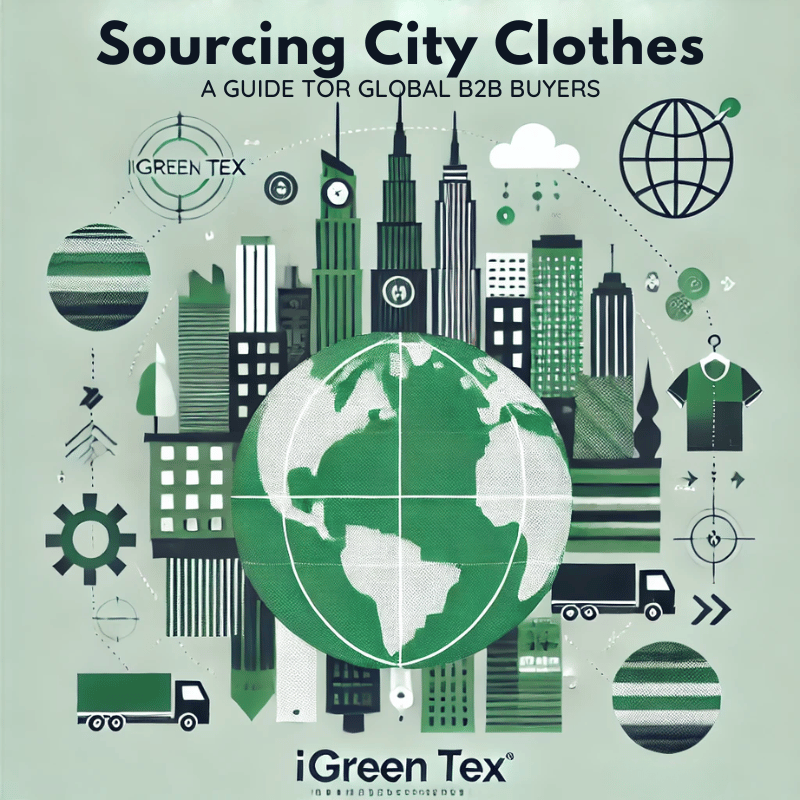
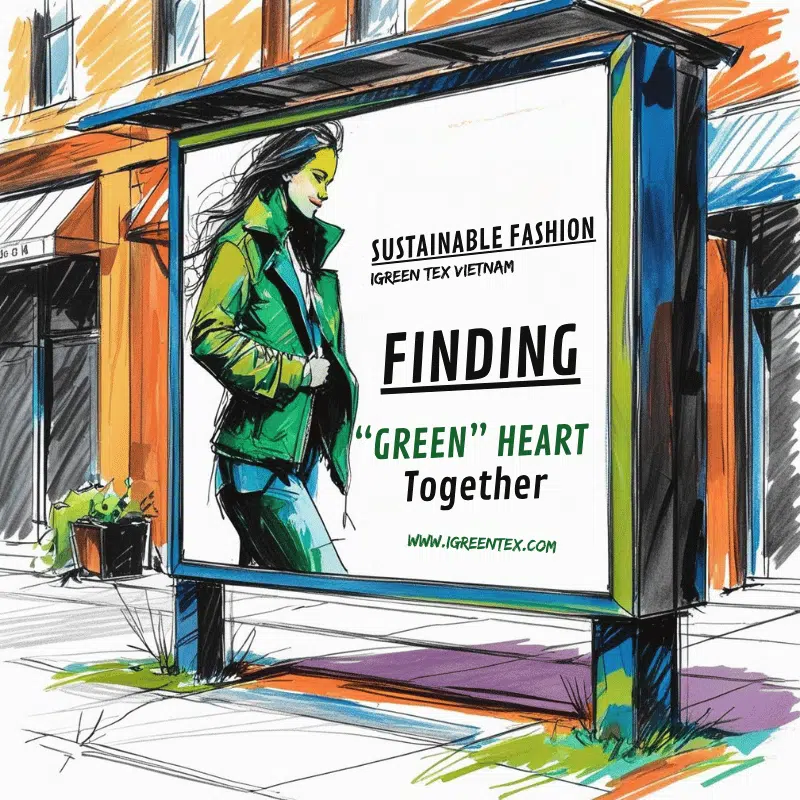
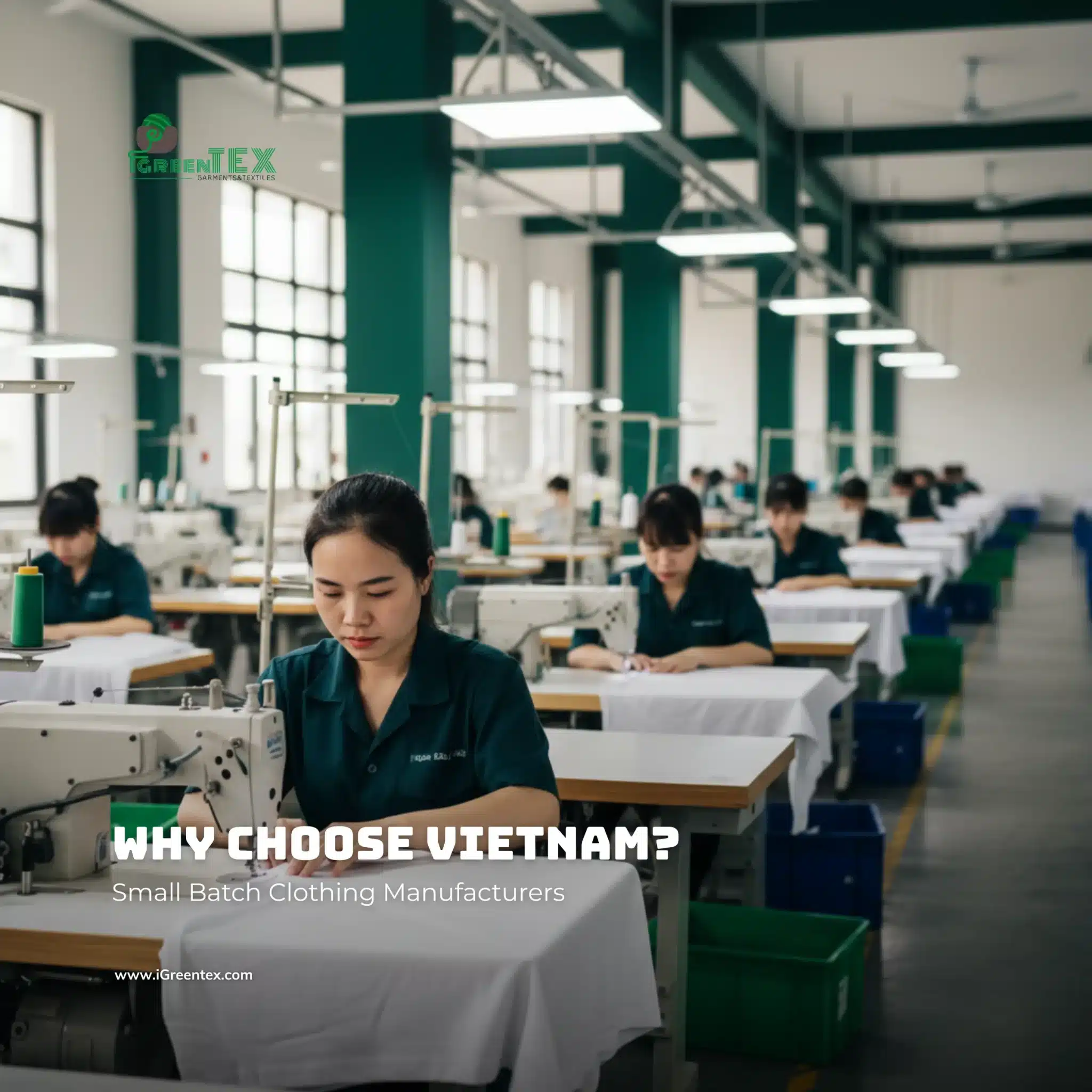
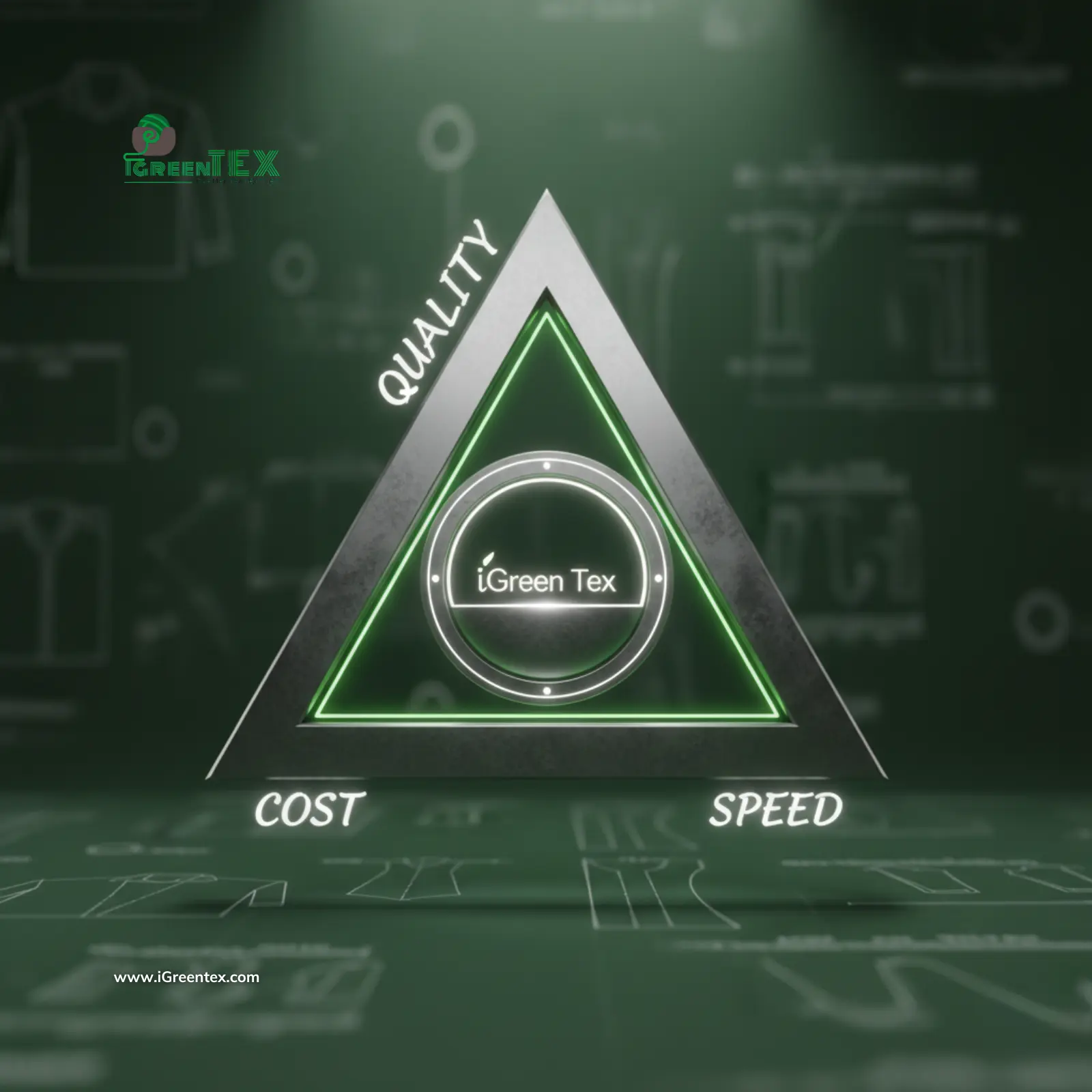
How to Balance Quality, Lead Time, and Cost Effective Uniform Manufacturing Vietnam?
3 Tháng 12, 2025
12:07 chiều
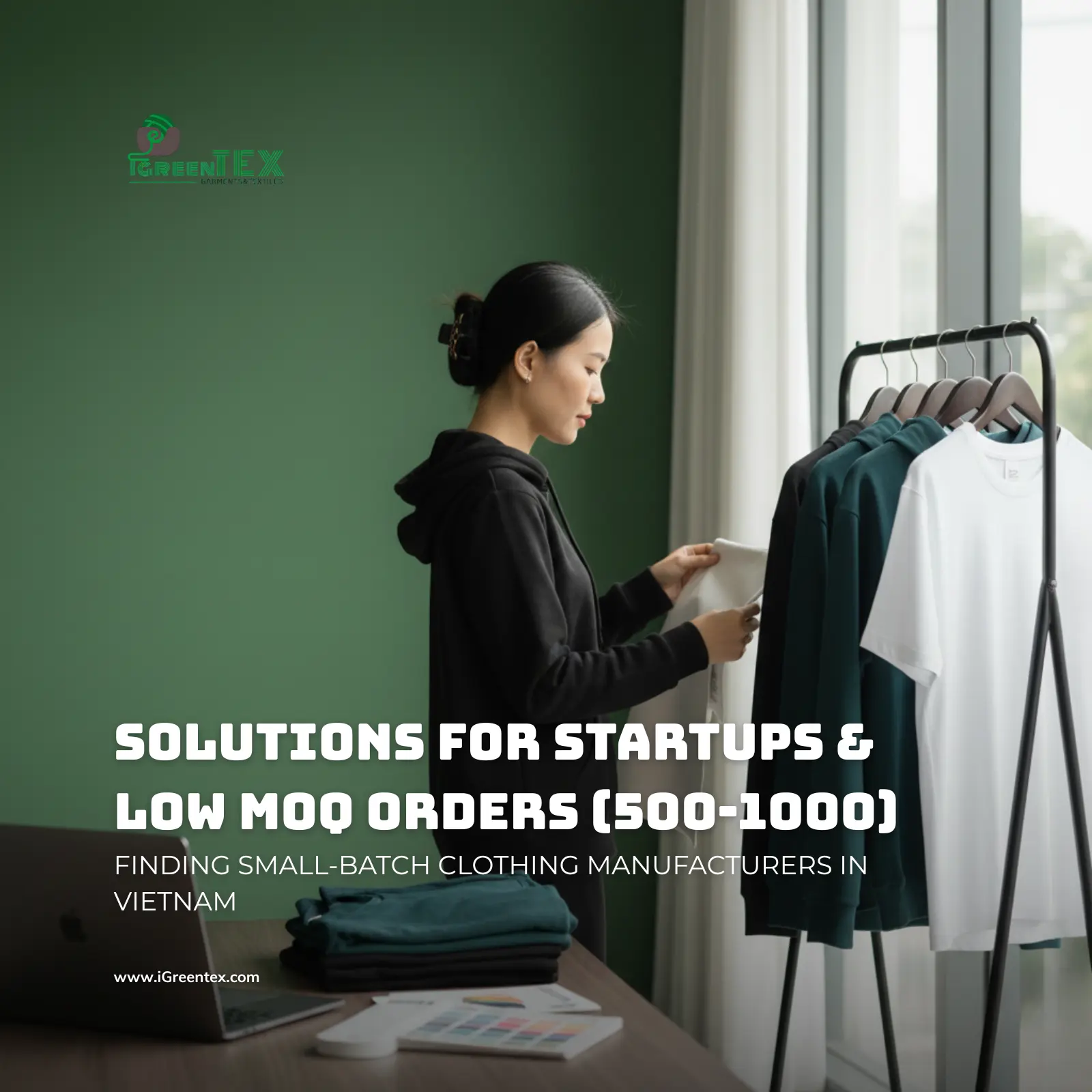
Finding Small Batch Clothing Manufacturers in Vietnam: Solutions for Startups & Low MOQ
2 Tháng 12, 2025
11:30 sáng

How to Source Garments Suppliers in Vietnam: The 2026 Ultimate Garment Guide
1 Tháng 12, 2025
4:48 chiều
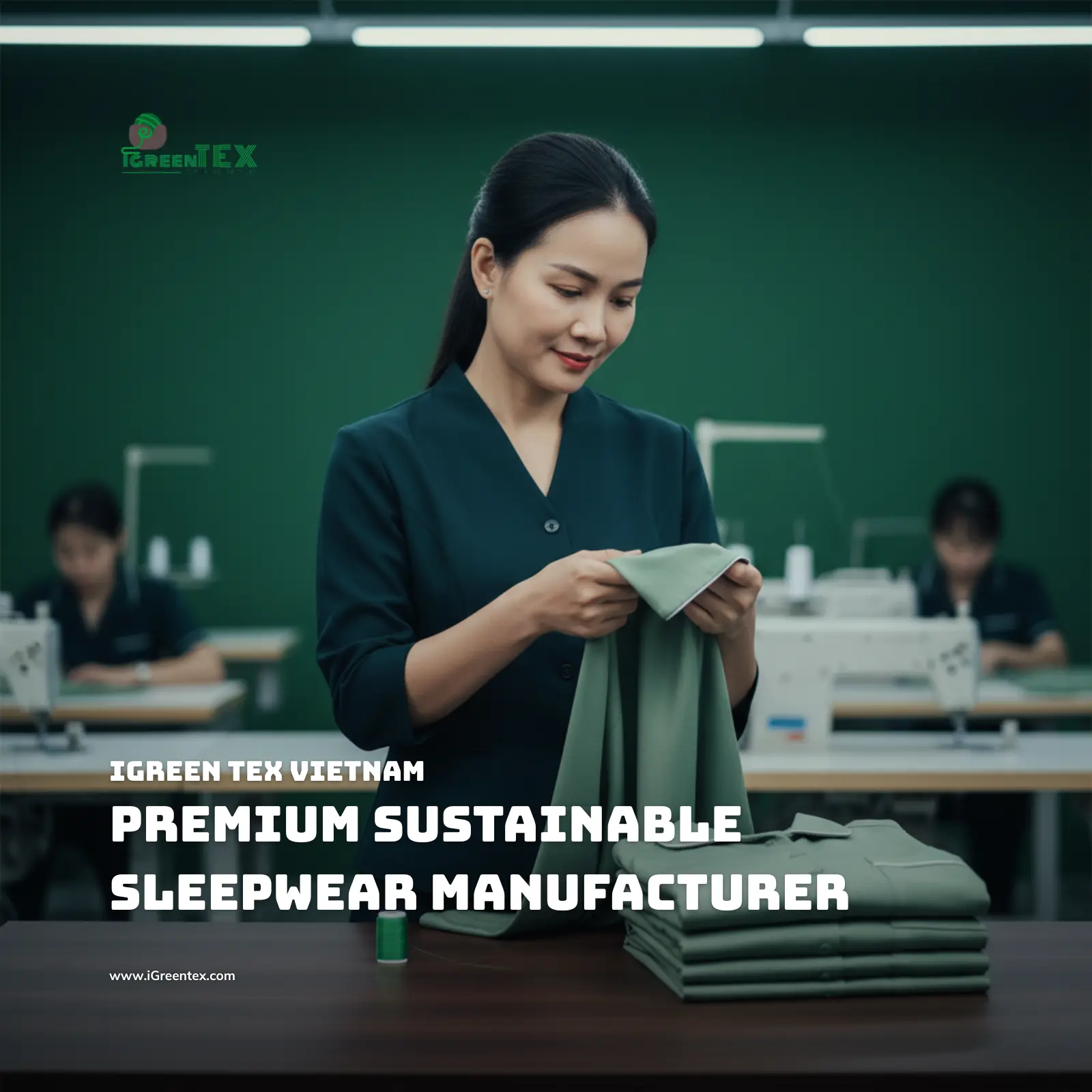
Sustainable Sleepwear Manufacturer Vietnam: OEM & FOB
20 Tháng mười một, 2025
5:31 chiều
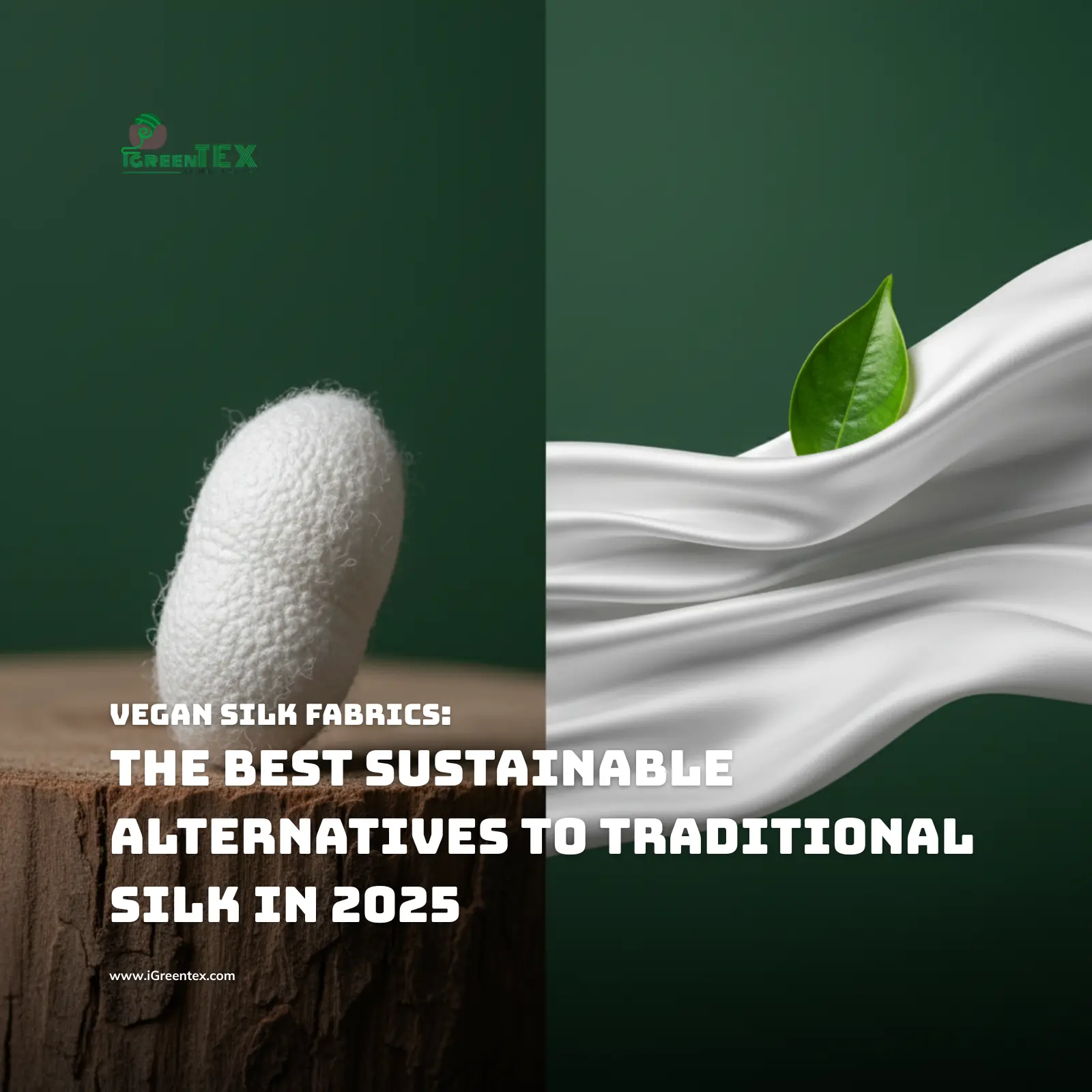
Top 5 Vegan Silk Fabrics: Best Sustainable Alternatives to Silk
20 Tháng mười một, 2025
4:06 chiều
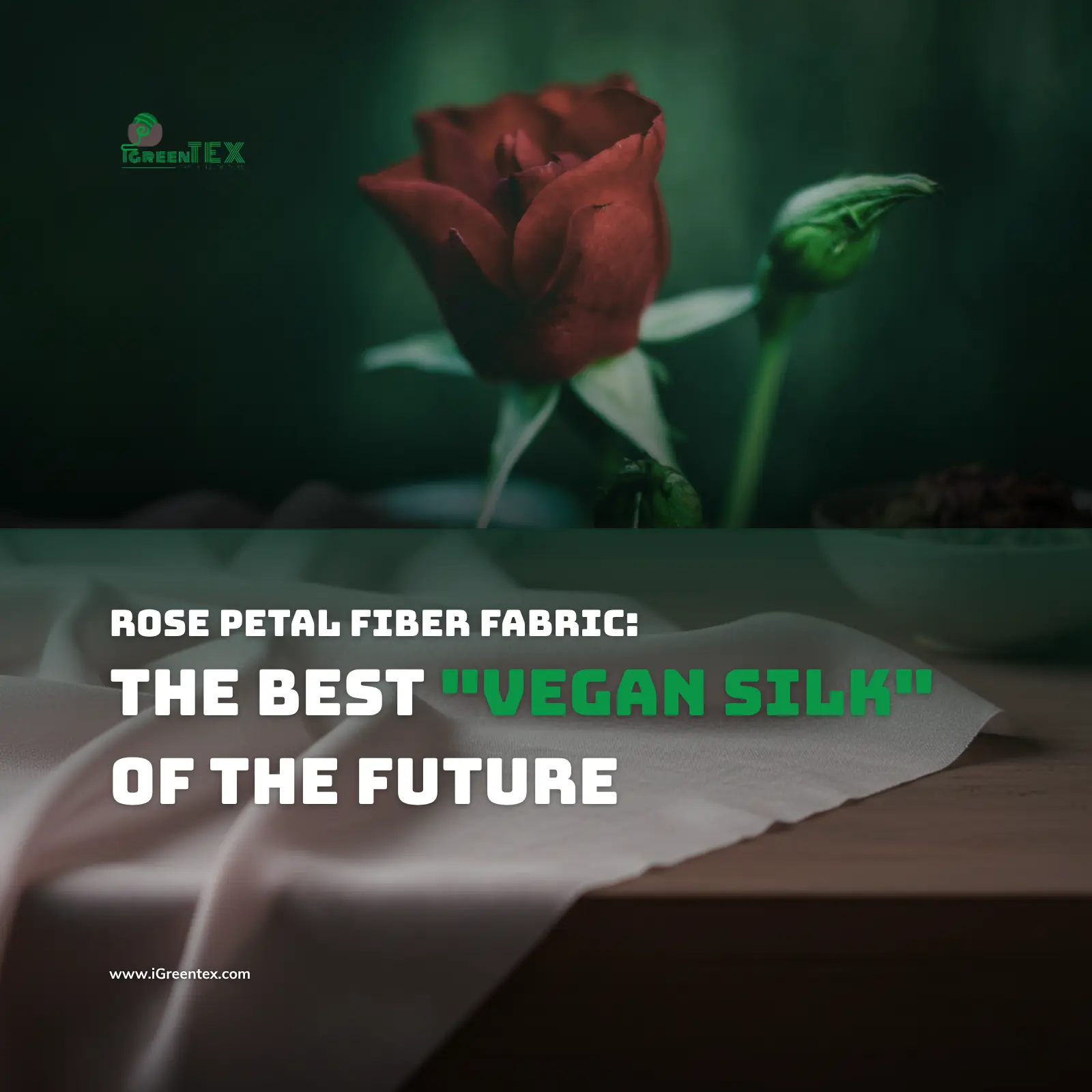
Rose Petal Fiber Fabric: The Premium “Vegan Silk” for Sustainable Fashion
20 Tháng mười một, 2025
11:02 sáng
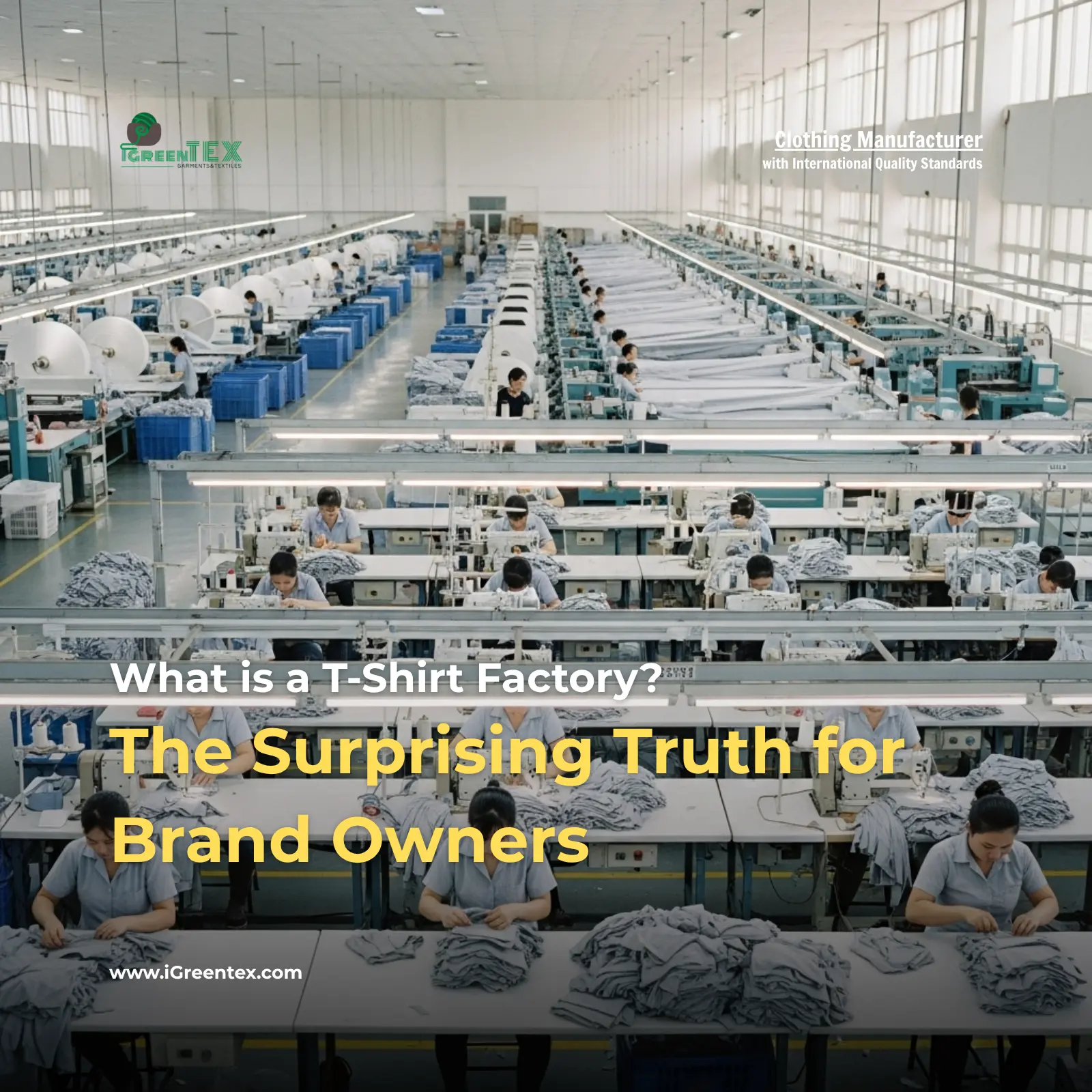
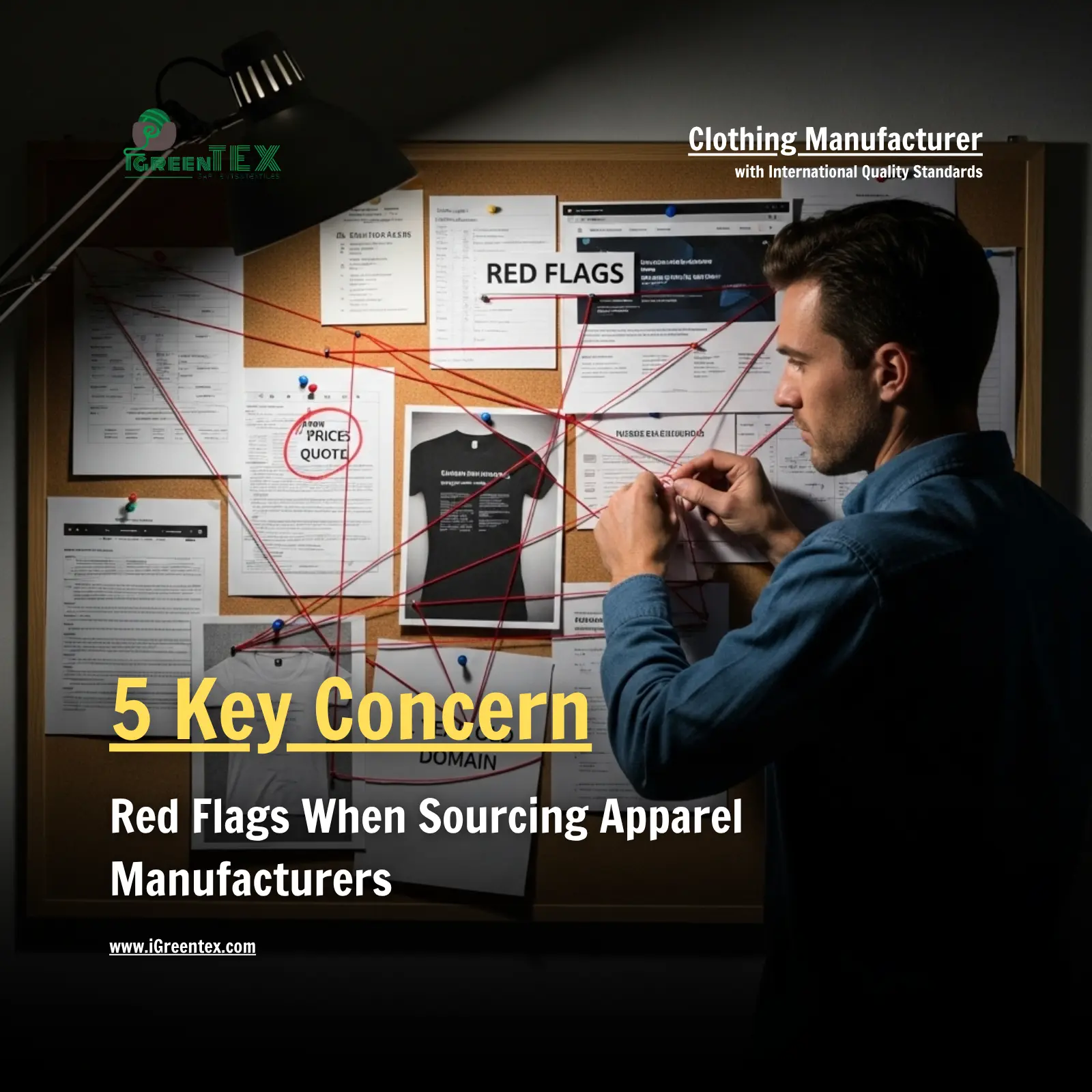
5 Key Concern Red Flags When Sourcing Apparel Manufacturers
18 Tháng 10, 2025
12:16 chiều
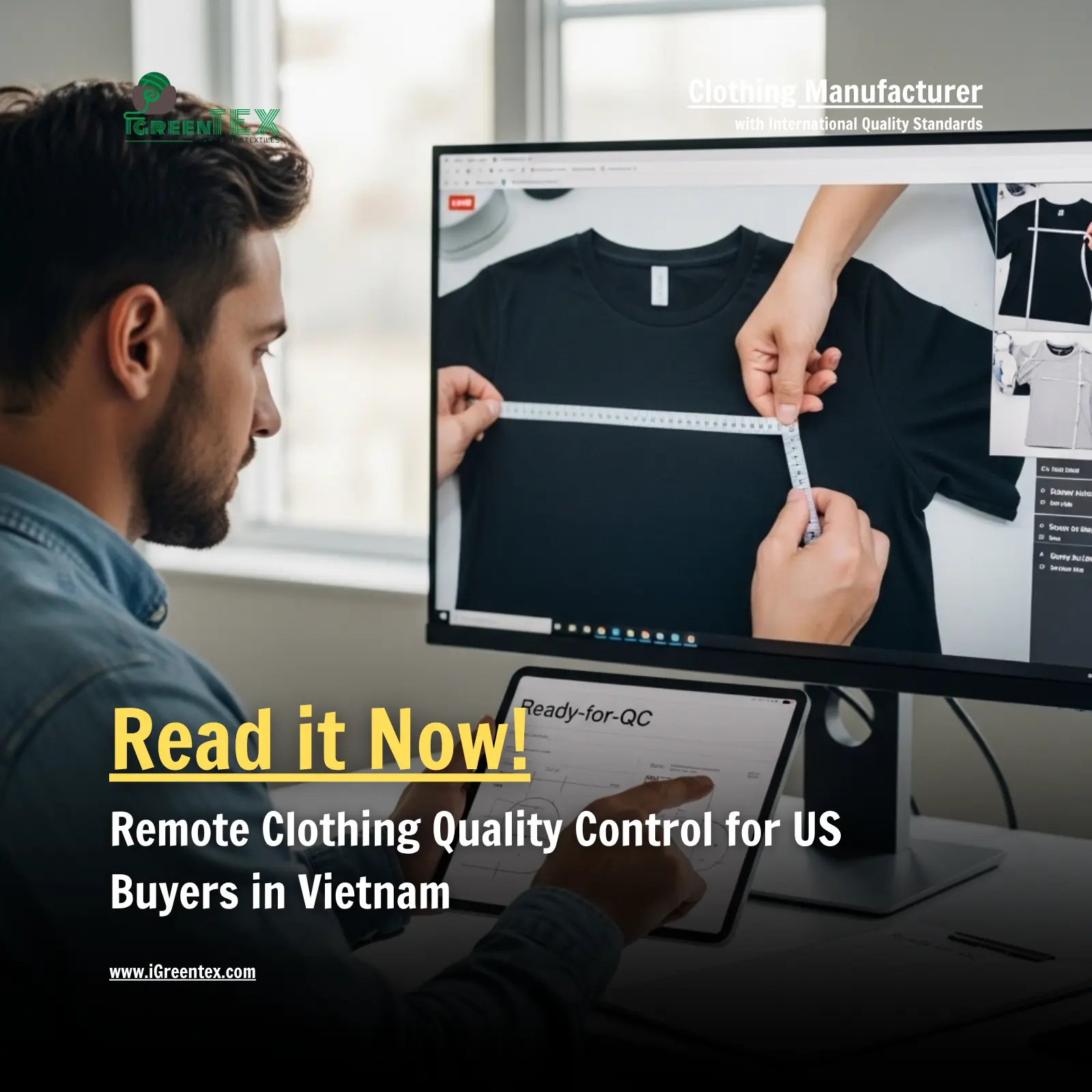
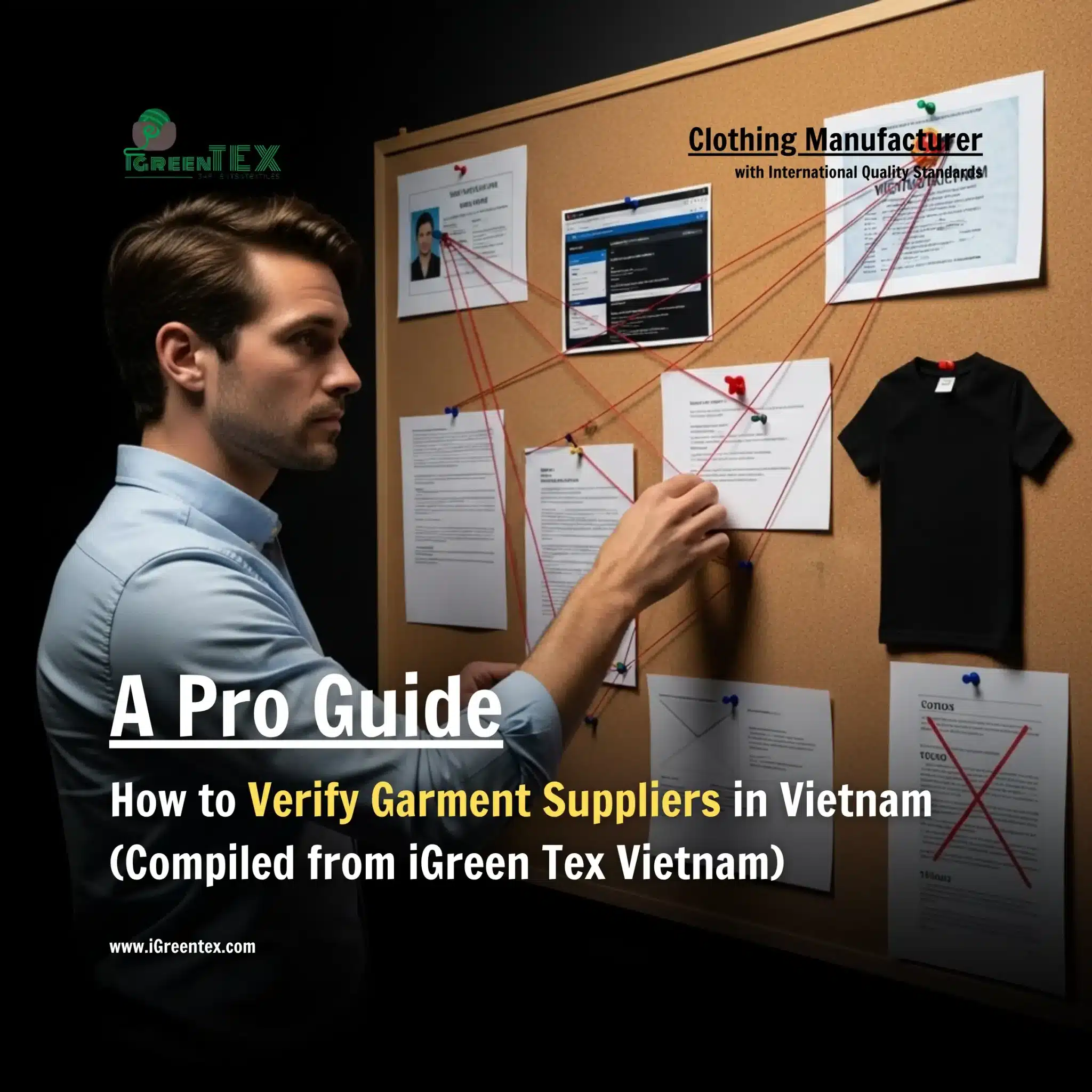
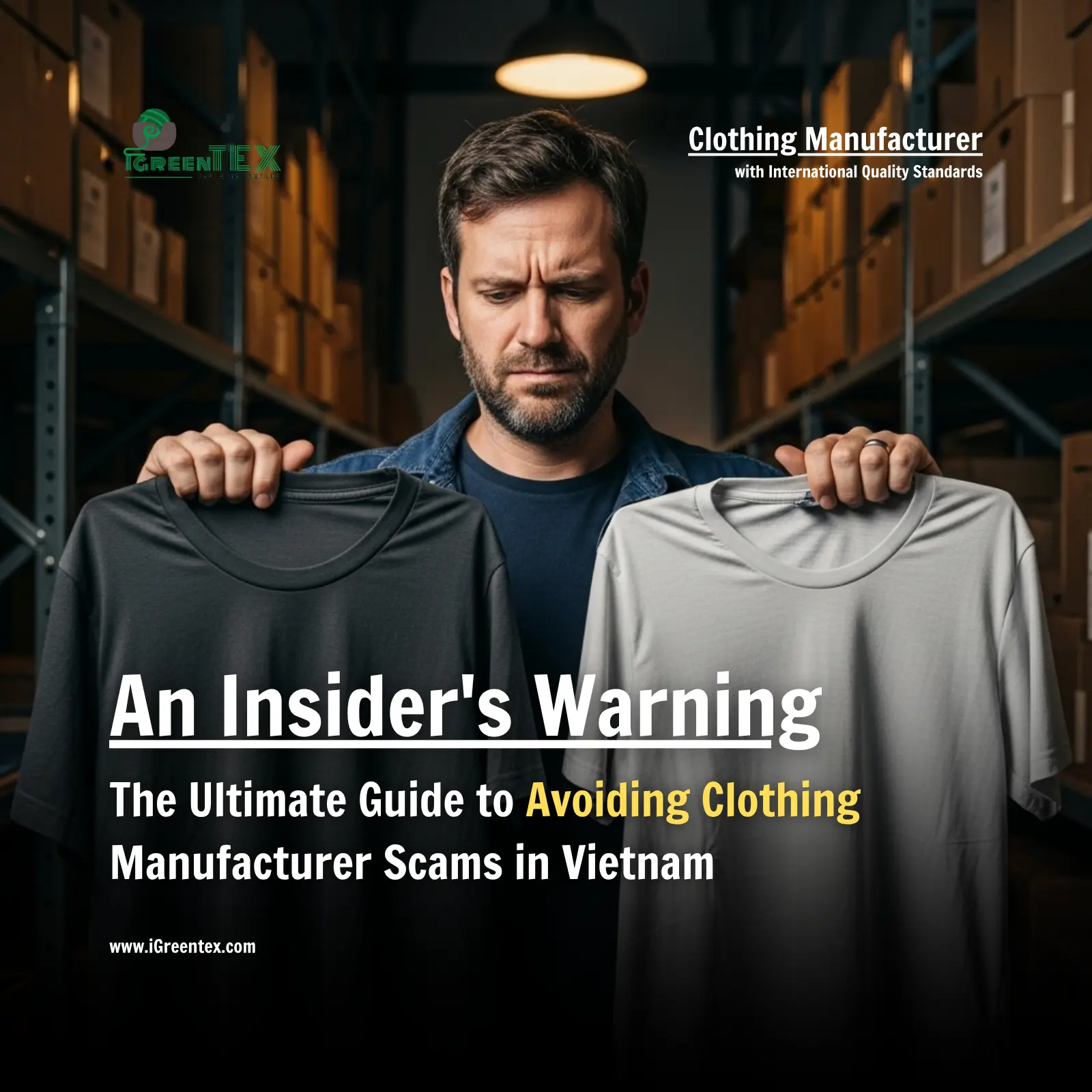
Avoiding Clothing Manufacturer Scams in Vietnam | Expert Guide
4 Tháng 10, 2025
10:51 sáng
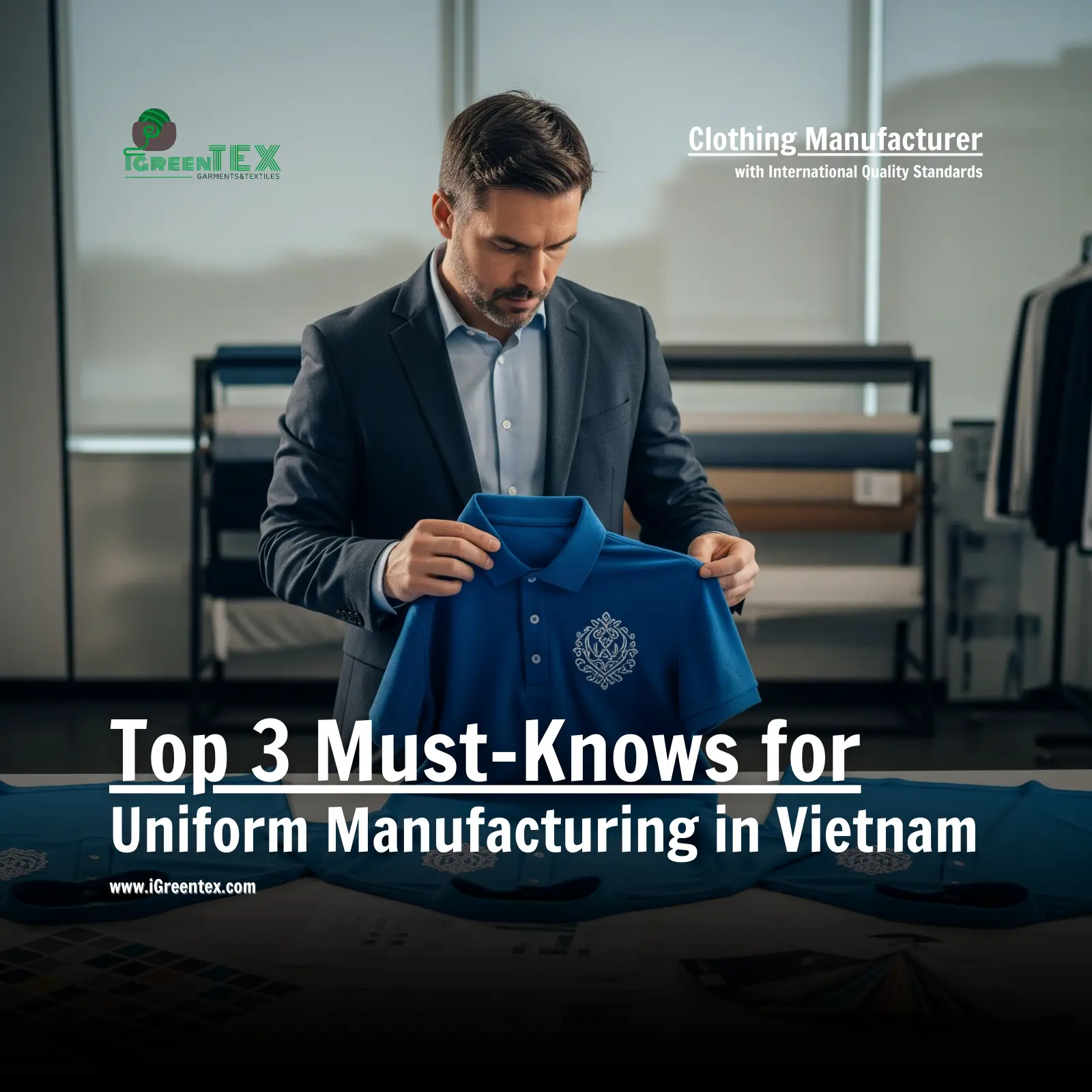

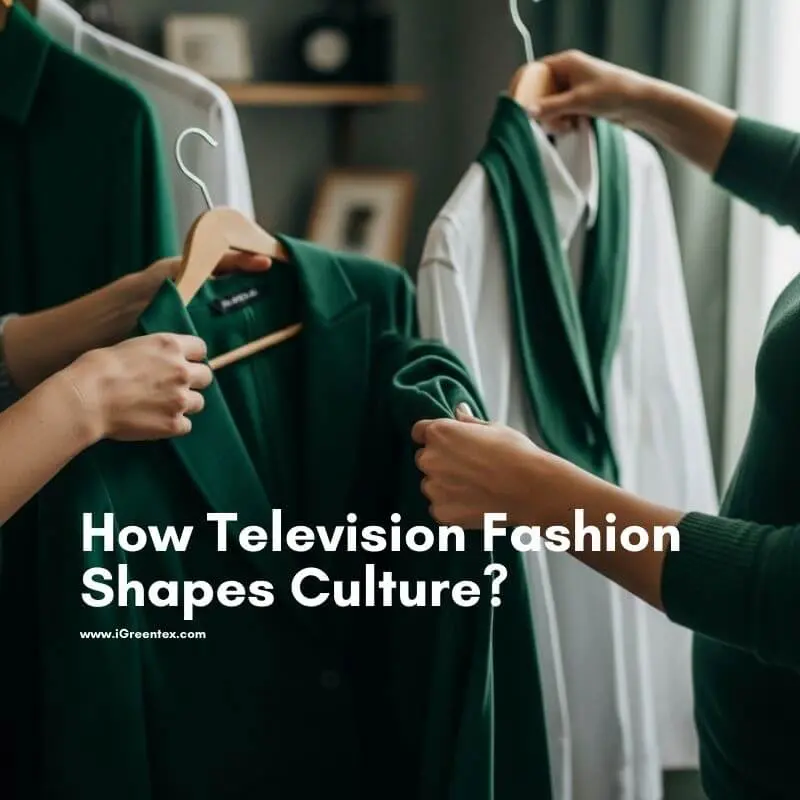
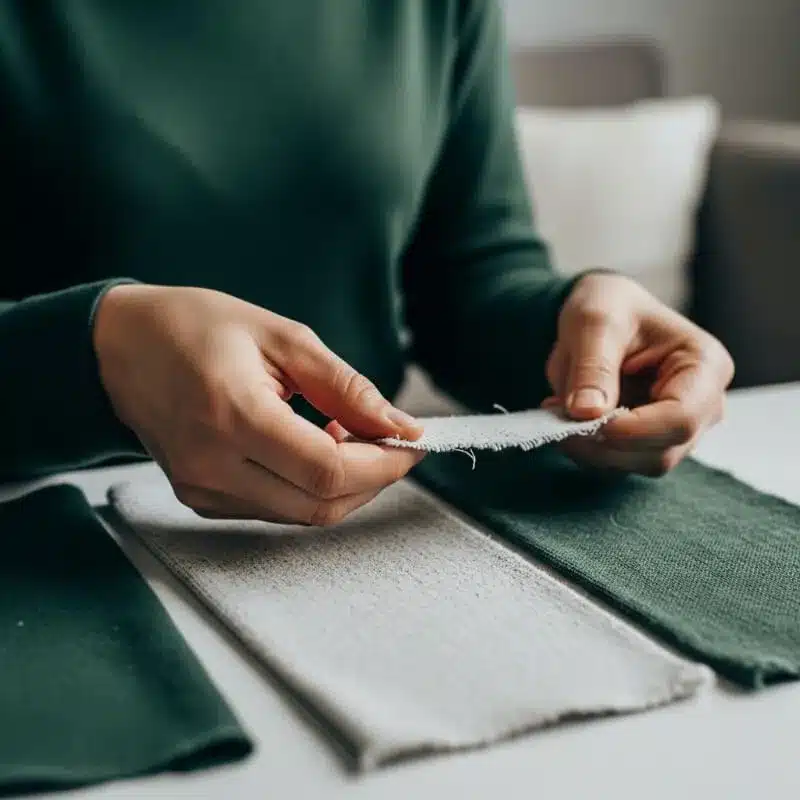
Master Fabric Checking: 7 Professional Tests You Can Do at Home
19 Tháng 8, 2025
11:28 sáng
